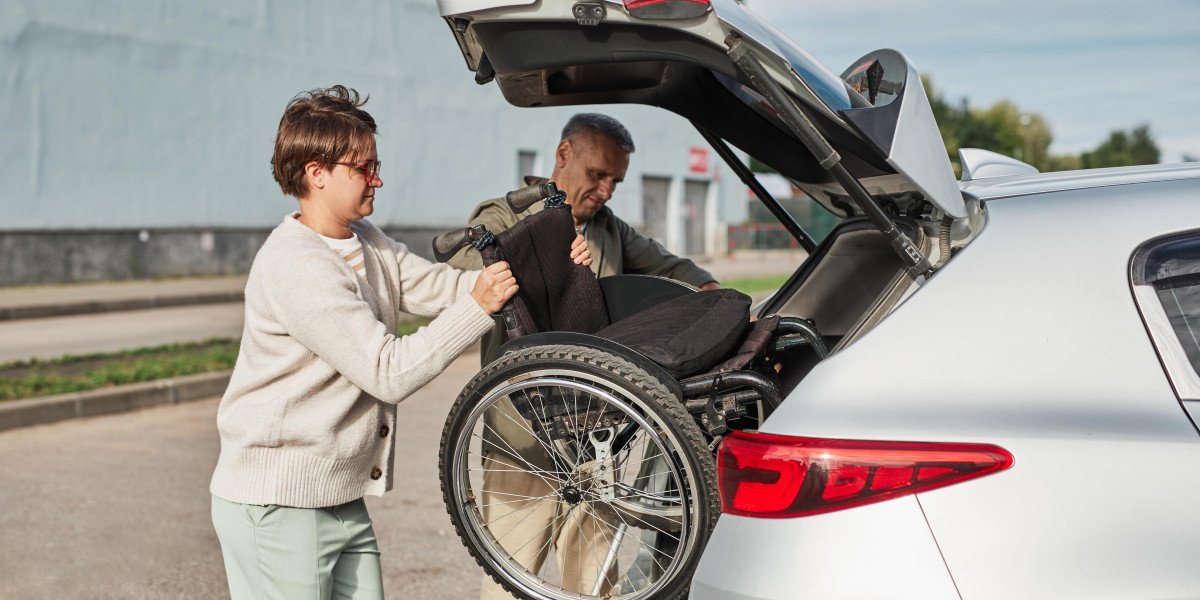
Understanding Medical Walkers: A Comprehensive Guide
Medical walkers function as vital mobility aids for individuals recovering from surgical treatment, handling persistent diseases, or dealing with age-related mobility issues. These gadgets not just boost physical independence but likewise improve safety, enabling users to navigate their environments with greater ease. This post checks out the types, benefits, functions, and factors to consider associated with medical walkers, together with some regularly asked concerns.

Tabulation
- Kinds Of Medical Walkers
- Benefits of Using a Medical Walker
- Key Features to Consider
- Regularly Asked Questions
- Conclusion
1. Kinds Of Medical Walkers
Medical walkers are available in various designs, catering to different needs and choices. The primary types include:
| Type of Walker | Description |
|---|---|
| Requirement Walker | A rectangle-shaped frame with 4 legs, using stability and support. |
| Two-Wheeled Walker | Similar to a basic walker but equipped with wheels at the front for much easier movement. |
| Three-Wheeled Walker | A lightweight walker with three wheels, permitting for more maneuverability, ideal for indoor use. |
| Rollator Walker | A walker with 4 wheels, hand brakes, and a seat, suitable for longer distances and resting needs. |
| Hemi Walker | Designed for people who can use just one hand, featuring a tripod-like design. |
2. Benefits of Using a Medical Walker
Using a medical walker provides numerous benefits that contribute to the user's total well-being, including:
- Increased Stability: Walkers offer a steady base of assistance, decreasing the risk of falls.
- Enhanced Mobility: They make it possible for users to walk around more quickly, promoting self-reliance.
- Discomfort Relief: By rearranging weight, walkers can reduce pain in the joints, particularly in the hips and knees.
- Posture Support: These devices motivate appropriate posture, reducing stress on the back.
- Enhanced Confidence: Users typically feel more secure using walkers, causing much better self-esteem and increased activity levels.
3. Secret Features to Consider
When choosing a medical walker, it's important to assess various features to find the ideal fit. Here are some vital elements to consider:
- Weight Capacity: Ensure the walker can support the user's weight while keeping stability.
- Height Adjustment: Look for a walker with adjustable height settings to accommodate the user's height and provide comfy grip.
- Product: Lightweight aluminum walkers are much easier to maneuver, while steel walkers offer more powerful support but may be much heavier.
- Wheel Quality: If selecting a wheeled walker, consider the wheel size and tread. Bigger wheels navigate uneven surfaces more quickly.
- Seat Availability: If users will be walking for longer periods, a walker with an integrated seat can provide rest breaks when required.
- Brakes: Hand brakes are particularly essential for safety in rollator walkers to manage speed and stop when needed.
Kinds of Walkers with Features Comparison Table
| Walker Type | Weight Capacity | Height Adjustment | Wheels | Seat Available | Brakes |
|---|---|---|---|---|---|
| Standard Walker | As much as 300 lbs | Yes | No | No | No |
| Two-Wheeled Walker | As much as 300 pounds | Yes | Yes | No | No |
| Three-Wheeled Walker | Approximately 250 pounds | Yes | Yes | No | No |
| Rollator Walker | As much as 400 pounds | Yes | Yes | Yes | Yes |
| Hemi Walker | Approximately 250 pounds | Yes | No | No | No |
4. Regularly Asked Questions
Q1: Who need to use a medical walker?A: Medical walkers are useful for people recuperating from surgery, experiencing balance concerns, or requiring assistance due to age-related mobility challenges. Q2: Can a medical walker be adjusted?A: Yes, a lot of
medical walkers are height-adjustable to accommodate various user heights, permitting for a more comfy grip. Q3: How do I choose the ideal walker for my needs?A: Consider aspects such as the user's weight, height, kind of mobility issues, and whether they need a seat or brakes. Evaluating the walker for convenience and stability before purchase is also suggested. Q4: Are there any safety pointers connected with utilizing a medical walker?A: Yes, users should guarantee they don't lean too greatly on the walker, use it on stable and level surface areas, and constantly guarantee exercise, which aids in recovery and mobility improvement. 5.
the brakes are engaged when seated or stationary. Q5: Can walking with a medical walker help with rehabilitation?A: Absolutely. Medical walkers are typically suggested as part of rehab programs as they motivate
Conclusion Medical walkers play a crucial role in boosting the lifestyle for people dealing with mobility challenges. With numerous types and features offered, selecting the right walker includes considering the user's particular requirements and situations. By comprehending their benefits and appropriate use, individuals can gain back independence, improve their mobility, and browse their environments safely. Whether for short-term recovery or long-lasting support, the best medical walker can considerably improve a user's total well-being. Including a medical walker into one's day-to-day regimen can be a transformative choice, making it simpler to take part in life's daily activities while guaranteeing safety and confidence.








